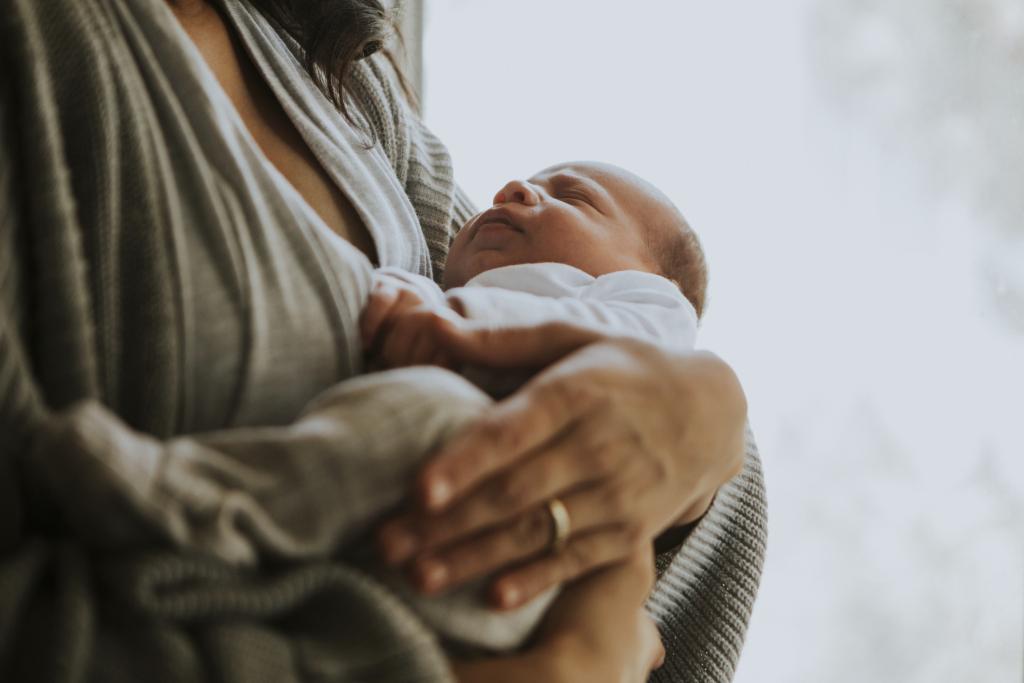
Next up in our series of articles around parental responsibility focuses on whether a sperm donor automatically has parental responsibility for any child born from the donation.
Does a sperm donor automatically have parental responsibility for any child born from the donation?
The answer to this is quite simple – no. The father of any child born from their donation, regardless of whether the sperm is donated through a licensed clinic, unlicensed clinic or some other means, will not have parental responsibility for the child.
You will remember from the opening article in this series around parental responsibility that, unless a child’s parents are married or in a civil partnership when the child is born, only the person who gave birth to the child (mother) automatically has parental responsibility. The father will need to be registered on the child’s birth certificate or take some other route in order to obtain parental responsibility for the child.
In the circumstances whereby someone has donated their sperm to, for example, another set of prospective parents to use, it is unlikely that they would be married to or in a civil partnership with the biological mother of the child.
Is the sperm donor the legal parent of a child born from their donation and, if so, does this mean they have parental responsibility?
If a person donates their sperm through a licensed clinic in the UK, they will not be the legal father of any child born from their donation. However, if a person donates their sperm through an unlicensed clinic in the UK, or by some other unlicensed means, legally speaking, they will be the legal father of any child born from their donation. That said, even if they are the legal father of a child, it does not mean that they have parental responsibility for that child.
In short, again, unless you are married to or in a civil partnership with the mother who gave birth to the child, or one of the other criteria set out in the first article in this series is met giving the legal father parental responsibility, they would not share parental responsibility with the child’s mother.
If you need more information or advice on issues surrounding Parental Responsibility, please contact our Children team.
This article is part of a series on Parental Responsibility. If you would like to learn more about Parental Responsibility, please click here for the full series.
